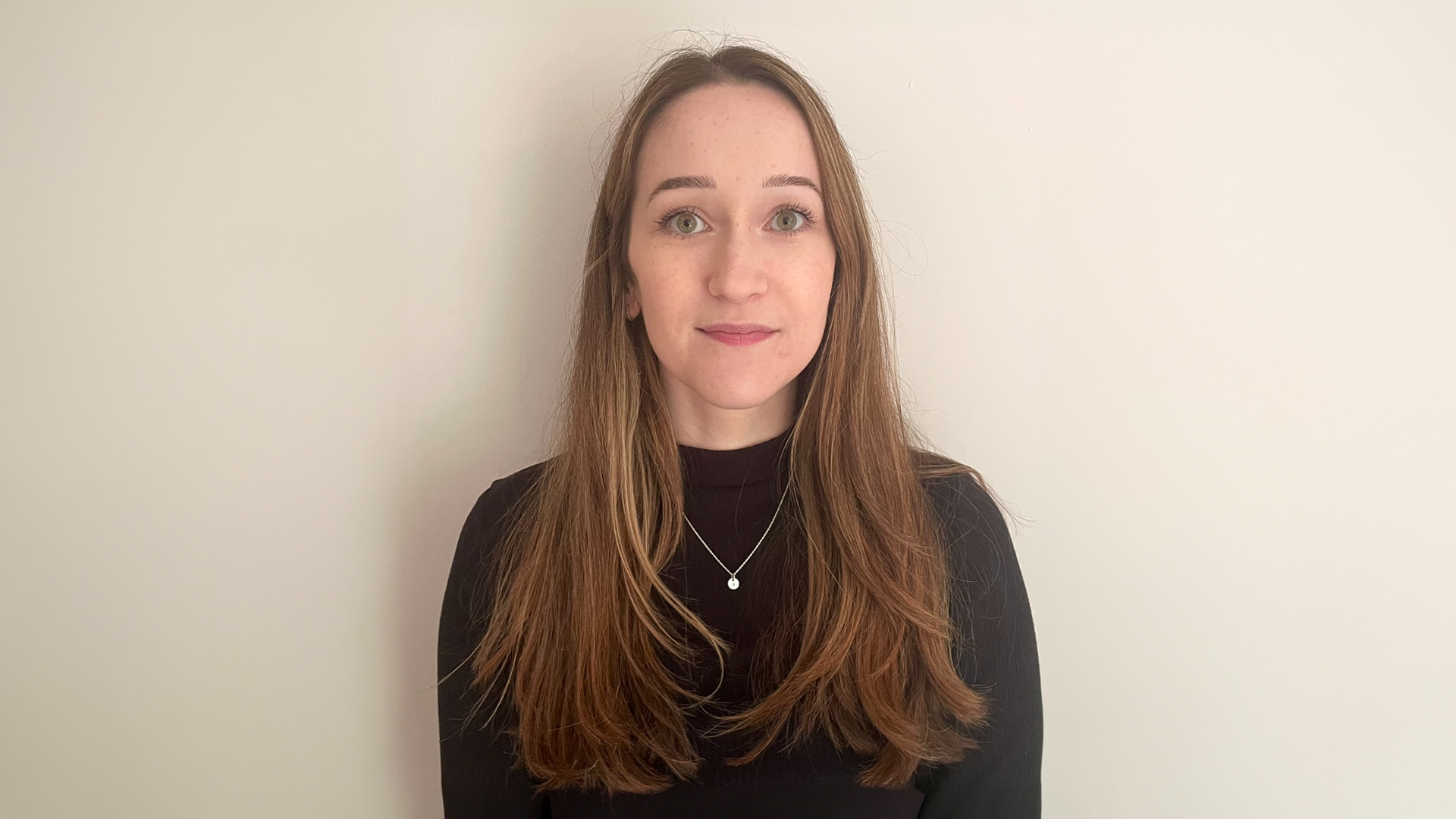The ‘SLICC’: what is it, and how has it helped me?

If like me a year ago, you have no idea what a ‘SLICC’ is, then don’t worry, this blog will hopefully give you an insight into what it is and how it’s formed a fundamental part of my final year at university.
For some context, I’m in my third and final year of the online Master of Public Health (MPH) programme, and instead of going down the traditional route of completing a dissertation, I chose the alternative option of completing a SLICC.
So, what is it? The Student-Led Individually Created Course (SLICC) gives us the opportunity to create our very own mini project, set our own learning outcomes, and allows us to reflect on our learning throughout the course. It’s around 5000 words, and is made up of a 2000 word rapid literature review and 3000 word reflection. Our choice of topic is completely up to us, it just has to be about a relevant public health issue.
Rationale for choosing the topic
After much deliberating and indecisiveness, I chose to focus my SLICC on the long waiting times for elective treatment on the National Health Service (NHS) in England, and how this is linked with deprivation. Initially, I wanted to explore socioeconomic inequalities, but a 2000-word literature review is simply not enough words to cover such a broad topic, and so I narrowed down my focus to the association between NHS waiting times and deprivation.

Long NHS waiting lists can mean that people with the resources to do so sometimes choose to self-fund private treatment, but many people have no choice but to wait weeks and often months for treatment.
At the time, I worked in a private hospital, and saw firsthand the volume of people who were choosing private (self-funded) treatment to avoid treatment delays and long waits on the NHS. I live in quite an affluent area in the South of England so it didn’t surprise me that some people were opting to self-fund treatment, because they had the choice to do so.
This made me question, what about the people living in more deprived areas who don’t have the financial resources to bypass the long waits and choose private treatment? The reality for many people is that they have no choice but to wait weeks and often months for treatment on the NHS and this is their only option.
A large area of concern in Public Health is health inequalities and inequity, and the issue of waiting times is always being discussed in politics and the media, and so I thought my topic would be very relevant for the SLICC.
Skills I have gained and developed
Throughout the SLICC, I have learnt new skills and developed others.
Project management skills
The SLICC has given me an insight into how I can most efficiently and productively manage projects in the future. I have had to deal with various unexpected challenges and obstacles that I hadn’t anticipated. Because of this, I’ve had to change the original plan I had (multiple times) due to work commitments and deadlines from other courses. It’s therefore enhanced my decision making skills (e.g. deciding what needs to be done as priority, what deadlines can be moved or rearranged), and given me some experience in managing multiple deadlines and commitments at the same time, which will be really vital for me when I’m working in the field as this will likely be a common occurrence.
Workload and time management skills
Leading on from this, having to solely manage my own workload and deadlines has really strengthened my ability to manage my time and my organisational skills. At the very start of the SLICC, I created a timeline for myself with individual deadlines, such as for blogs, the literature review, presentations etc. Although I didn’t stick to this as strictly as I would have liked, it did allow me to plan out my workload and make sure I didn’t miss any major submissions. I think if I were to redo the SLICC, I’d give myself a bit more flexibility and ‘wiggle room’ so that when things don’t go exactly to plan, I would still have time to catch up with work and readjust my timings.

Managing your own workload is an important skill for learning online, especially when doing work that is self-led.
Critical appraisal skills
As a result of conducting a rapid literature review, I have also further developed my critical appraisal skills. Throughout the course I have sometimes struggled to not take data at face value, and feedback from previous assignments have commented that this is an area I need to improve on. I have made a conscious effort within the rapid review to assess the rigour of the evidence, to question how it was gathered, examine the limitations and gaps in the research, and assess how all of this affects how I then interpret the data. This is an important skill to have in Public Health, and it’s going to be something that I need to continuously work on. However, under the guide of my tutor and taking on board previous advice, I think this is a skill that I’m learning to feel more comfortable and familiar with.
Reflective practice
Prior to the course, I had only written a handful of reflective reports, and the comments I always got were about reflecting on a deeper level, and so this is something I’m really trying to overcome whilst writing the reflective report. A good first step for me is this blog, reflecting on the skills and experiences I’ve gained from the project and becoming aware of how this is going to help me in the future. Working in Public Health, reflective practice is going to be another skill that I’m always going to be working on and trying to improve. This experience is such a great opportunity for me to practice reflexivity in a familiar, comfortable environment to take onboard feedback and learn how to improve.
Hopefully this blog has provided a brief insight into the SLICC, and how it’s been a useful learning experience for my final year on the MPH. Thank you for reading!
Find out more about studying for a Master of Public Health at the University of Edinburgh, whether you want to join us online or on our campus:
(Main photo: Georgie Willoughby)

